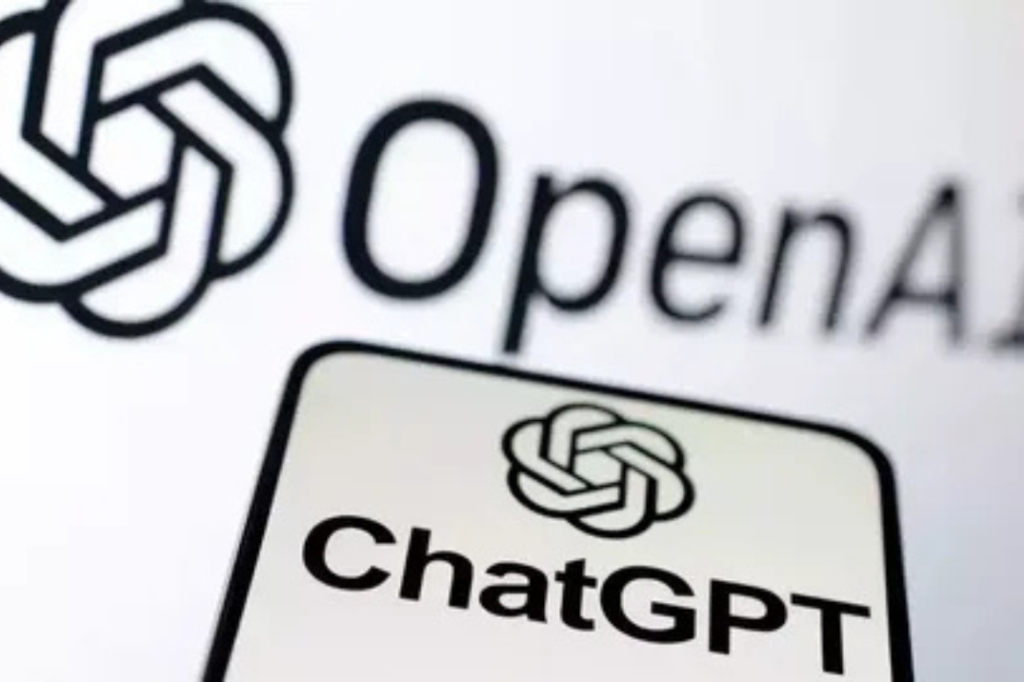When ChatGPT dropped in late 2022, OpenAI had one big vision: make businesses faster, smarter, more efficient. Imagine meetings shrinking, reports writing themselves, and CEOs finally having time to think instead of crunching numbers. That was the dream.
But reality had other plans. ChatGPT didn’t just land in offices—it landed on laptops in kitchens, bedrooms, and dorm rooms. Instead of drafting quarterly reports, people were asking how to text a crush, plan a weekend trip, or cook pasta without starting a kitchen fire. The AI meant for boardrooms became a personal sidekick for millions.
The numbers tell the story. Between May 2024 and June 2025, 1.5 million ChatGPT interactions revealed that 73% of prompts were personal, not professional. Even paying subscribers are skewed toward curiosity-driven tasks. OpenAI aimed to change business—but ended up changing daily life. For more on how AI is reshaping work, see how OpenAI and Anthropic are rewriting work.
Enterprises, on the other hand, are more cautious. MIT research shows 95% of corporate AI pilots stall before deployment. Even with projected revenue reaching $12.7 billion in 2025 and $29.4 billion in 2026, OpenAI is navigating financial losses, as detailed in OpenAI’s $115 billion valuation report. Meanwhile, AI’s quirks—like hallucinations or unexpected mistakes—keep researchers alert.
Opportunities are everywhere. Users crave curiosity-driven, personal AI experiences: life hacks, creative prompts, even playful productivity. OpenAI could lean into this, offering smarter assistants and subscription perks that turn casual use into revenue. Perplexity AI’s advertising experiments show how AI monetization can meet user curiosity. And while some cautionary voices warn of AI risks in “If Anyone Builds It, Everyone Dies”, the appetite for AI shows no signs of slowing.
OpenAI’s pillars—ChatGPT subscriptions, enterprise AI, and long-term AGI research—remain intact, but the lesson is clear: the casual user seeking a weekend hack may matter as much as a CEO seeking productivity.
The big question: can a company built for boardrooms thrive by solving human-sized problems—one recipe, brainstorm, or text at a time? How OpenAI answers may define the next decade of AI—for businesses, and for the everyday lives it quietly reshapes.


